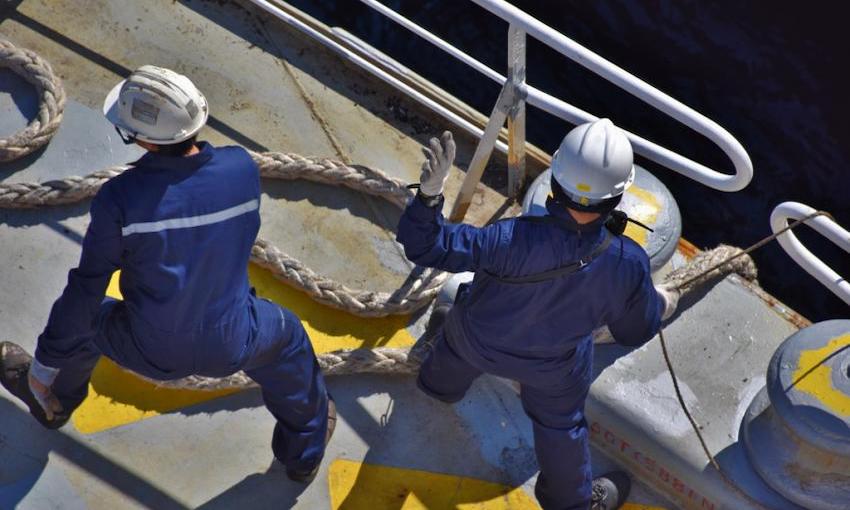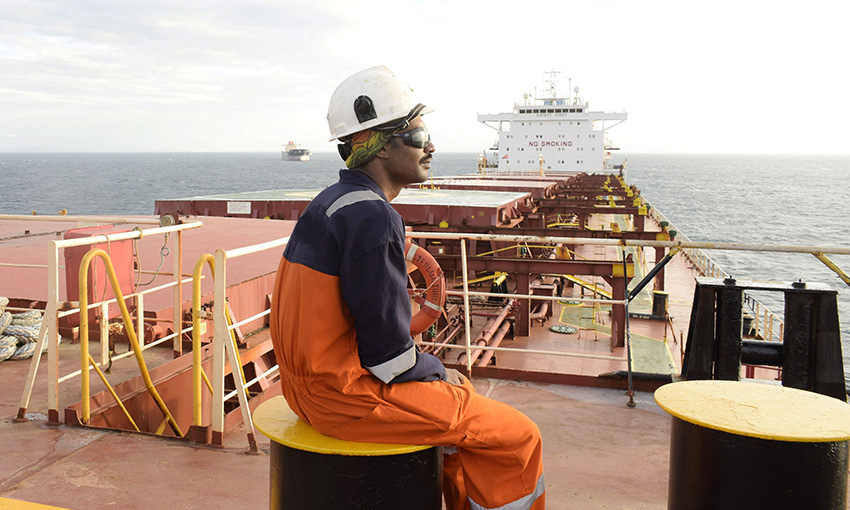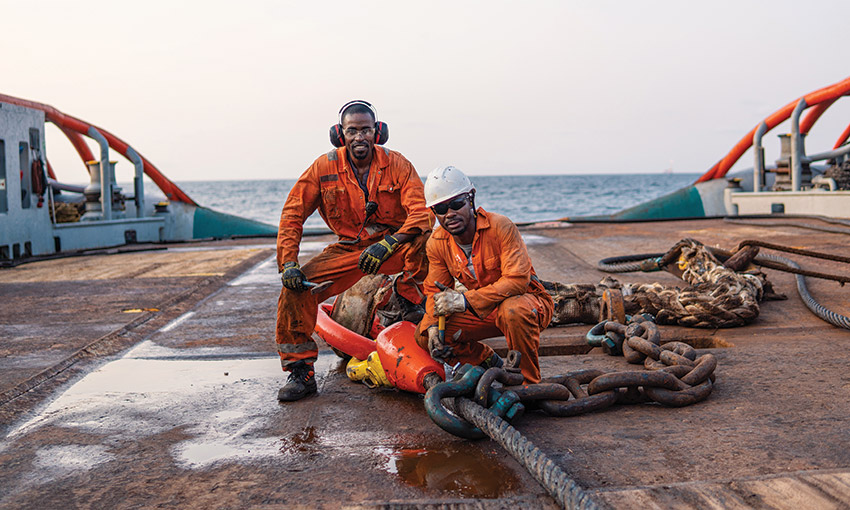THE number of seafarers onboard vessels beyond the expiry of their contracts has risen since last month, according to the latest Neptune Declaration Crew Change Indicator.
An initiative of the Global Maritime Forum, the indicator suggests the number of seafarers outstaying their contracts has increased from 4.2% in February to 5% in March.
Figures are at their highest since December last year, reportedly confirming the industry is still experiencing the full effects of the COVID-19 omicron variant.
The omicron wave is understood to have caused a high number of infections among crew members onboard ships and among those due to sign on vessels, causing the postponement of many crew changes.
Managing director, head of institutional strategy and development at the Global Maritime Forum Kasper Søgaard said the March indicator confirms the feared effects of omicron.
“The number of seafarers onboard beyond the expiry of contracts continued to increase and ship managers described several challenges to carrying out crew changes,” he said.
According to the indicator, crew change and entry restrictions remain in place in many countries, such as China, where particularly tight restrictions have led to increased costs, operational disturbance, and delays as owners try to accommodate crew changes.
However, restrictions are beginning to ease elsewhere, such as in the Philippines, which has removed the quarantine rule for inbound travellers but still requires PCR testing.
The latest indicator also highlighted the reopening of Australia’s international borders, which is expected to help support crew changes in the region.
Despite the increase in seafarers working beyond their contracts, the number of seafarers onboard vessels beyond the maximum 11-month period has remained stable at 0.4%.
The crew change indicator also reported a 6% increase in seafarer vaccination rates, from 66.8% in February to 72.8% in March.
This month’s vaccination figure is reportedly similar to or above the vaccination rate of some large North American, Asian, and European shipping nations.
The improvement was attributed to increased access to first and second doses of vaccine, however there is still a call for better access to booster shots.
“The good progress on seafarer vaccines … sheds some positive light, but this must not blind us from focusing on carrying out safe and timely crew changes,” Mr Søgaard said.
Ship managers have again reported vaccine hesitancy among many seafarers, and that an increase in breakthrough infections among crew has caused some to question the effectiveness of the vaccine.
There have also been practical challenges in access to vaccines, as short and overnight port stays has made it difficult for seafarers to take advantage of vaccination opportunities ashore.
Some countries still lack flexibility in crew change protocols to allow seafarers to be vaccinated.





